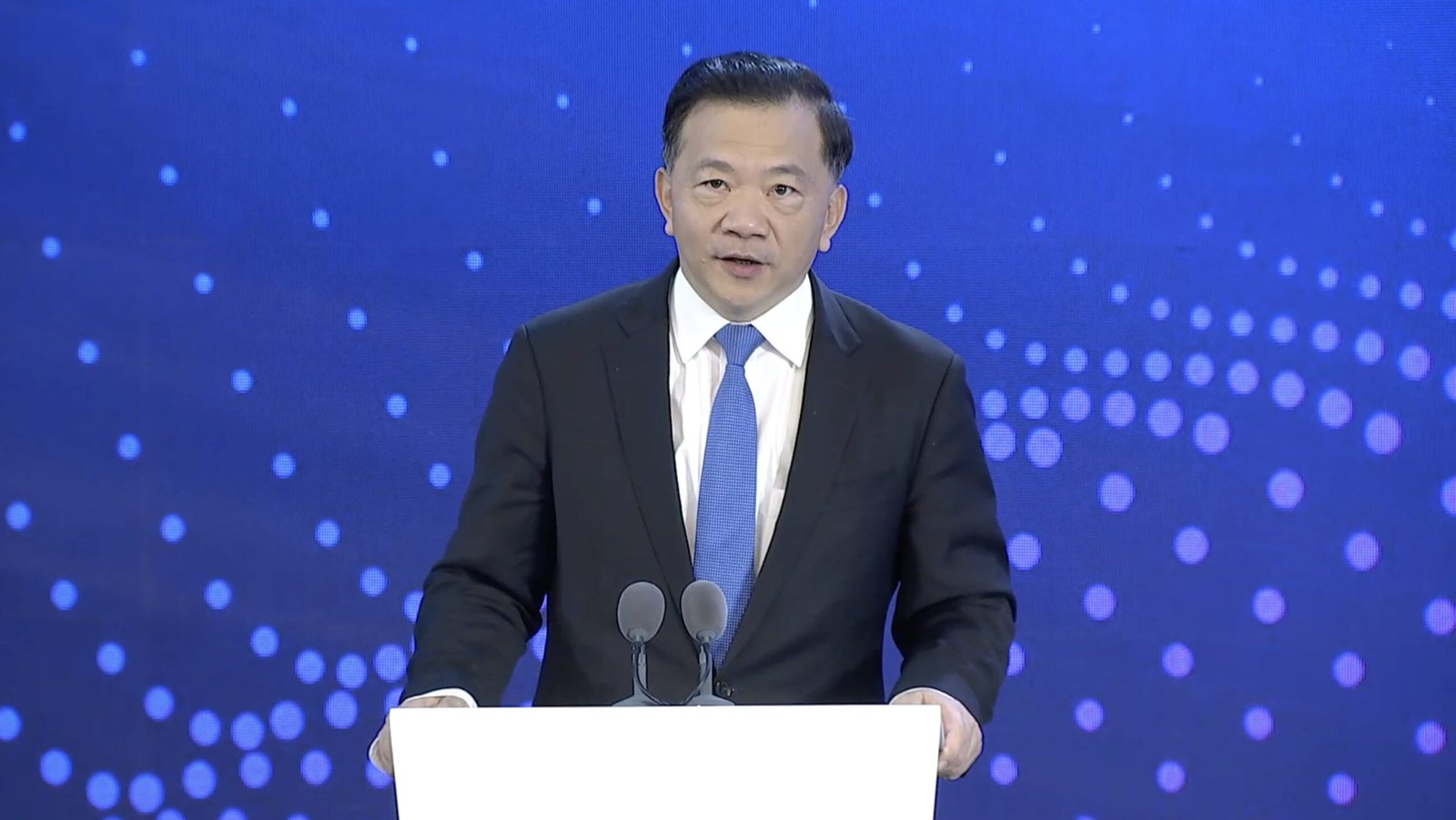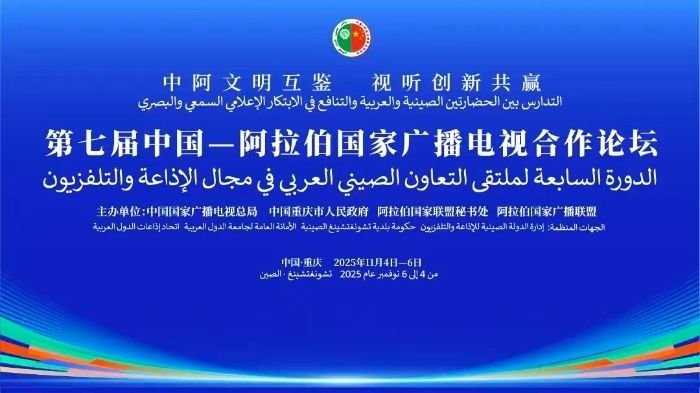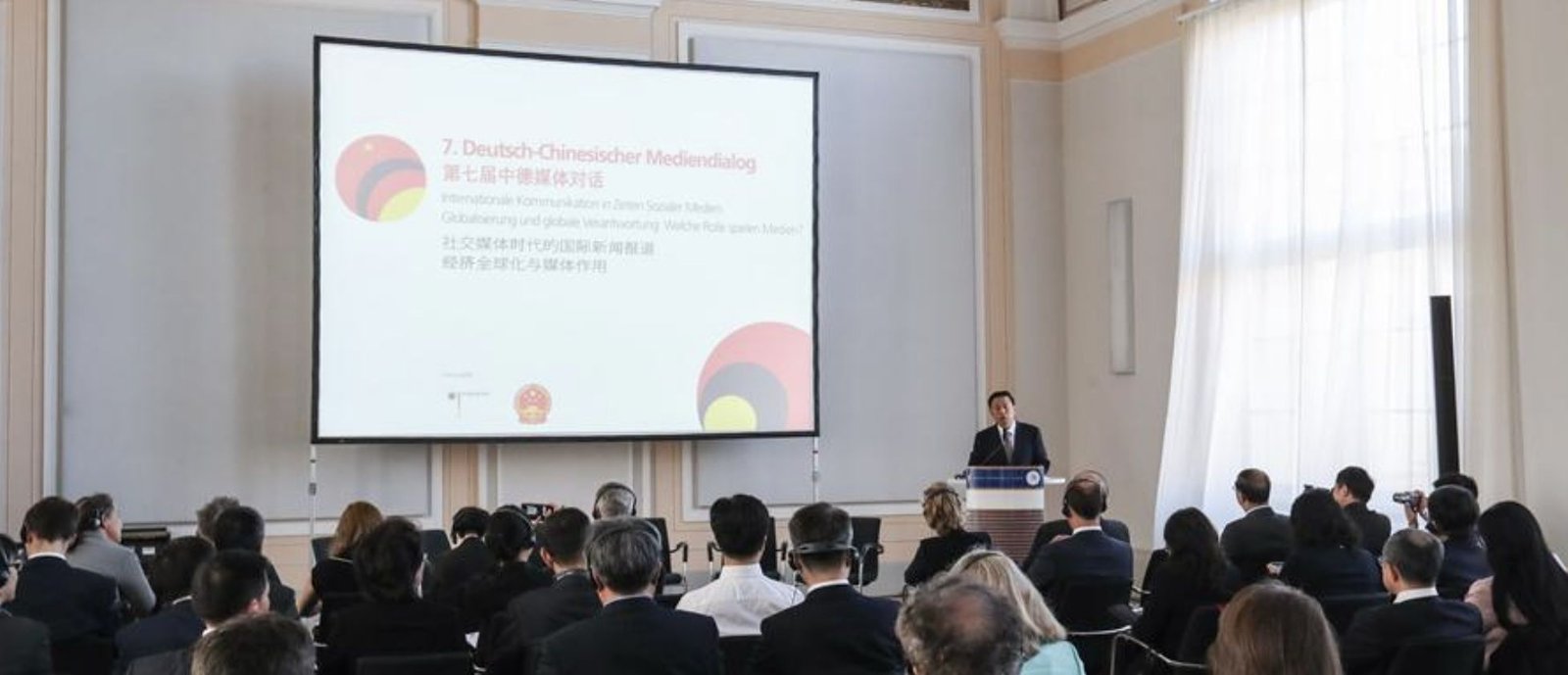CMG Hosts 2020 European Media Cooperation Forum
On December 10, 2020, China Media Group (中國媒體集團) hosted the 2020 European Media Partners Cooperation Online Forum, which the state-run China Global Television Network (CGTN) called a “Mutual Trust Dialogue for Win-Win Cooperation.” Representatives from several European countries were reportedly in attendance. The CMG president Shen Haixiong (慎海雄), also a deputy head of the Central Propaganda Department, used the forum to advocate for deeper media cooperation on pandemic coverage. The event featured the launch of China Business Video, a collaboration between the state-run CCTV+ and Reuters (archived) that “provides Reuters’ customers with financial news content from China,” according to a CCTV+ readout. CCTV+ also reportedly signed a memorandum with the European News Exchange (ENEX) to establish the European Media Partners initiative and launch BizToday, a program on the CCTV+ platform described in state media coverage as a joint Chinese-European news program. The forum exemplifies CMG’s strategy of cultivating media partnerships to expand its international influence.





